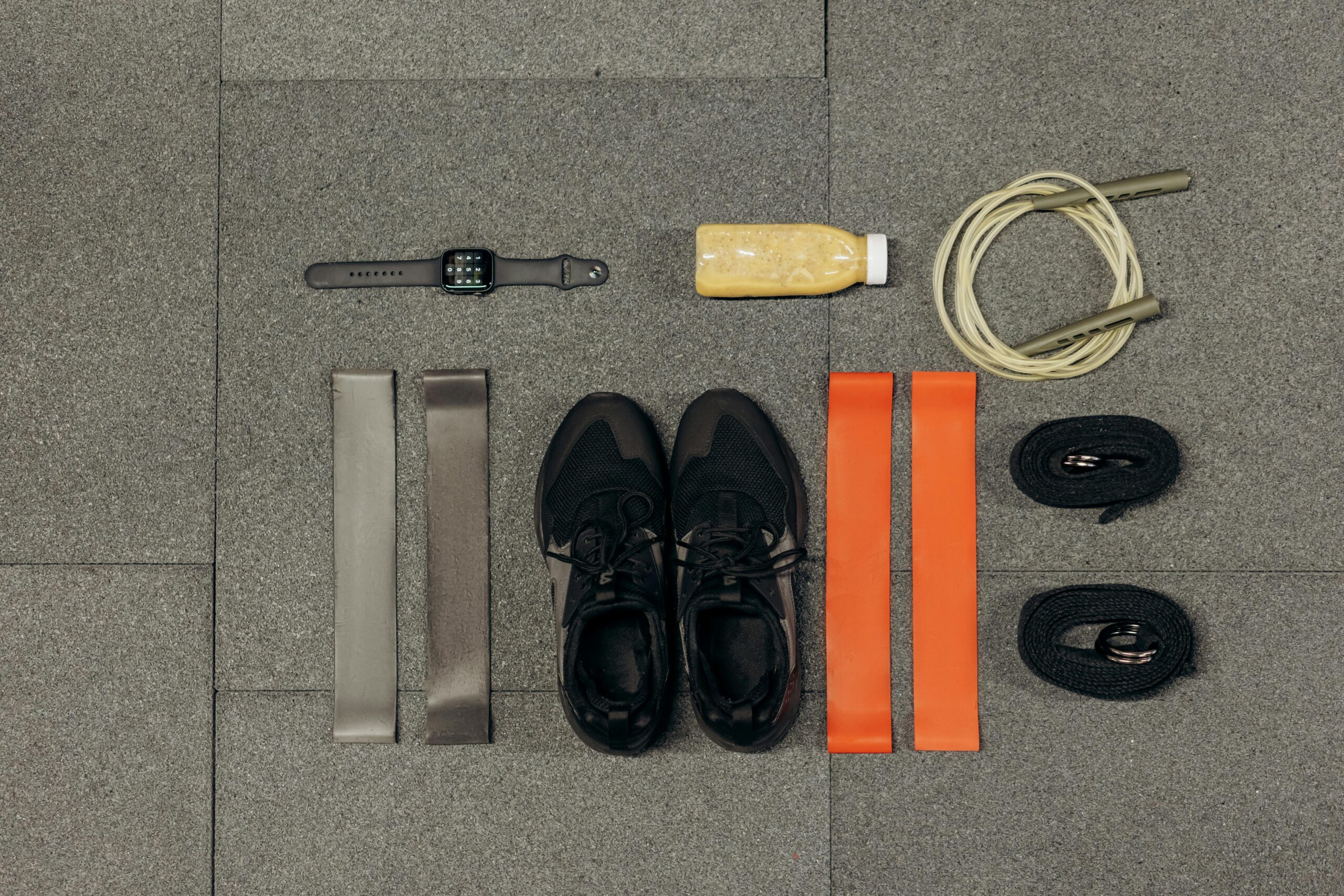Effective Beginner Gym Training Plan for 2025: Optimize Your Fitness Journey!
The journey to fitness can be both exciting and daunting, especially for beginners. Establishing a structured gym training plan not only enhances workout efficiency but also boosts motivation and helps achieve personal fitness goals. This comprehensive guide provides insights into building an effective fitness routine tailored for newcomers in 2025, focusing on key methodologies and strategies to foster both strength and endurance.
Adopting a well-rounded Trainingsplan offers numerous benefits such as weight loss, improved body posture, and muscle gain. For beginners, understanding Fitnessstudio dynamics, workout routines, and proper nutrition is crucial for maximizing results. Below, we’ll outline essential components of a great training plan, including warming up, workouts, and recovery strategies, ensuring you remain on track toward your fitness aspirations.
Before diving into the methods, remember that consistency, patience, and adaptability are key elements in any fitness journey. Let’s explore how to create an engaging and effective gym program.

Essential Foundations for Your Beginner Training Plan
Building an effective training plan starts with understanding its fundamental components. Incorporating these elements facilitates a balanced approach to Krafttraining and Ausdauertraining, leading to well-rounded fitness development.
Set Clear Fitness Goals
Before you step into the gym, determine what you aim to achieve. Are you looking to build muscle, improve endurance, or perhaps lose weight? Setting specific, measurable Fitnessziele will give you a clear focus and direction.
Choose the Right Gym Environment
Selecting a welcoming and well-equipped Fitnessstudio is essential. A comfortable environment not only boosts motivation but also enhances your training options, including access to necessary Fitnessgeräte and classes.
Understand Basic Training Methods
Familiarize yourself with common training methods like Krafttraining for strength building, Cardiogeräte for endurance, and körpergewichtstraining for functional fitness. Understanding these methods allows effective planning and goal achievement.
With these foundational principles established, we can delve deeper into crafting your personalized training approach.
Creating Your Personalized Workout Routine
A beginner’s workout routine should be diverse, including various exercises that engage multiple muscle groups while promoting overall well-being. This section focuses on crafting a versatile workout plan that incorporates both Krafttraining and Ausdauertraining.
Selecting Exercises for Strength Training
Choose fundamental exercises that target major muscle groups. Incorporate movements like squats, deadlifts, bench presses, and rows. These exercises serve as the foundation for building strength and promoting Muskelaufbau.
Incorporating Cardiovascular Workouts
Integrating cardio training helps enhance stamina and aids in Gewichtsreduktion. Activities such as running, cycling, or using ellipticals at moderate intensity for 20-30 minutes are excellent for improving heart health.
Workout Frequency and Recovery
For beginners, a frequency of 3-4 workouts each week is ideal. Balancing training intensity allows for effective recovery phases, crucial for muscle growth and stress reduction. Don’t overlook the importance of adequate rest days for optimal recovery and performance.
Now that we’ve created a solid foundation, let’s delve into the importance of nutrition and hydration, critical components of your fitness journey.
Nutrition: Fueling Your Fitness Goals
Nourishing your body is an integral part of any training plan. Understanding the connection between Ernährung and performance can significantly enhance your progress and overall fitness experience.
Essential Nutrition Guidelines
Focus on a balanced diet rich in fruits, vegetables, lean proteins, and whole grains. This variety ensures diverse nutrients essential for muscle recovery and growth. Pay attention to your Proteinaufnahme, which is vital for muscle repair.
Hydration Strategies
Staying hydrated enhances exercise performance and recovery. Aim to drink water before, during, and after workouts. Incorporating electrolytes during longer workout sessions can also help maintain hydration balance.
Utilizing Supplements Wisely
While whole foods should be your primary source of nutrients, some may benefit from supplements. If you opt for these, consider consulting a healthcare professional for personalized recommendations tailored to your fitness goals.

Incorporating Mobility and Flexibility Training
Integrating mobility and flexibility training ensures the body maintains optimal performance. These components enhance movement efficiency and reduce the risk of injuries while working out.
Warm-Up and Cooldown Routines
Always start your workouts with Aufwärmübungen to prime your muscles and joints. Comprising dynamic stretches and light cardio, these routines increase blood flow and prepare your body for the workout. Likewise, the cooldown phase, which includes static stretching, facilitates recovery and improves flexibility.
Fostering Flexibility and Balance
Incorporate regular flexibility training through yoga or dedicated stretching sessions. Not only does this improve movement range, but it also contributes to better balance and coordination, essential for preventing injuries.
Monitoring Progress and Making Adjustments
Keep a Fitnessjournal to track workouts, nutrition, and progress. Regular monitoring allows for timely adjustments based on results, ensuring continual advancement toward your fitness goals.
Overcoming Common Beginners’ Challenges
Beginners often face hurdles that can derail progress. Identifying these challenges early on and implementing strategies to overcome them is vital for success.
Managing Time and Consistency
Long-term success hinges on consistency. Develop a schedule that aligns with your lifestyle to ensure regular workouts. Treat these appointments as non-negotiable to build long-lasting habits.
Finding Motivation and Support
Engage with a Trainingspartner or join group fitness classes to enhance motivation. Sharing experiences not only bolsters accountability but also makes training more enjoyable.
Avoiding Burnout and Overtraining
Monitor your body signals to prevent burnout. Allow for necessary breaks and treat yourself to a Cheatday if desired, ensuring a balanced approach to your overall health and fitness journey.
Q&A: Common Questions for Beginners
What’s the best way to start a gym routine?
Begin with setting realistic goals and choosing a gym that feels comfortable. Start with basic exercises while gradually increasing intensity.
How often should I work out as a beginner?
For beginners, aim for 3-4 workouts each week, incorporating both strength and cardio sessions. Allow time for recovery to optimize performance.
Is nutrition really that important for a beginner?
Absolutely! Proper nutrition supports recovery, enhances performance, and helps achieve fitness goals, making dietary considerations essential.
It’s vital to remember that every fitness journey is personal. By following a structured training plan while being adaptable to personal needs, you can pave a path to greater health and well-being.
